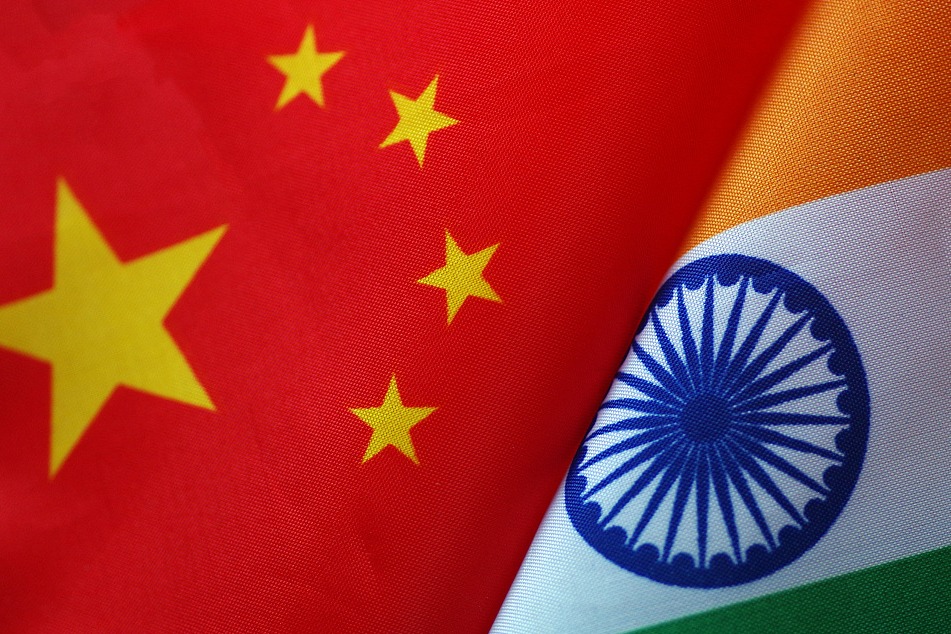Japan's tourism battered as Chinese travelers cancel trips


There has been a slew of ticket cancellations after Beijing issued travel alerts for Chinese citizens planning to visit Japan in the wake of Japanese Prime Minister Sanae Takaichi's erroneous remarks over Taiwan, which drew strong protests from China. South Korea has now emerged as the most popular overseas destination for Chinese travelers.
Over the weekend, flight booking data revealed that South Korea was the top destination for Chinese travelers heading overseas. There was a healthy demand for air tickets to Thailand, China's Hong Kong Special Administrative Region, Malaysia, Singapore and Vietnam as well, according to Qunar, a Beijing-based online travel agency.
Meanwhile, Tuniu Corp, an online travel agency based in Nanjing, the capital of Jiangsu province, said cancellations of group tours to Japan booked on its platform had been higher than usual. Shanghai-based travel agency Spring Tour said it is closely monitoring the situation. Spring Airlines, a Shanghai-based budget carrier operating multiple flights between Shanghai and various Japanese cities, has canceled some of its flights.
Spring Airlines said the flight cancellations were in line with its previous plans. Asked whether subsequent Japan-bound flights would be curtailed or canceled, the carrier said it will closely track and evaluate ticket change and cancellation patterns before making a decision.
Multiple major domestic airlines, including Air China, China Southern Airlines, China Eastern Airlines, Hainan Airlines and Sichuan Airlines, have issued public notices stating that passengers holding tickets issued for travel before Dec 31 are eligible for free refunds or rescheduling for flights to and from Japan.
Chinese Foreign Ministry spokeswoman Mao Ning reiterated China's firm position to defend its core interests and international justice at a regular news briefing in Beijing on Tuesday. "Japan must retract its erroneous remarks, repent and change course, offering a clear and satisfactory answer to the Chinese people," Mao said.
The Foreign Ministry issued a travel advisory on Friday, noting that public security in Japan has remained unstable since the beginning of this year, with a high incidence of illegal and criminal cases targeting Chinese citizens. The ministry solemnly reminds Chinese citizens to avoid traveling to Japan in the near term, as Japanese leaders recently made provocative remarks on the Taiwan question, which have seriously undermined the atmosphere for China-Japan personnel exchanges and posed significant risks to the personal safety and lives of Chinese citizens in Japan.
China's Ministry of Education and Ministry of Culture and Tourism released similar alerts on Sunday.
Liu Yuxing, a senior university student, said she and her friends decided to change their travel destination after seeing the reminder issued by the culture and tourism ministry. "We originally planned to travel to Osaka, Japan, before the Spring Festival of 2026. We haven't booked the flights yet. Now we are discussing changing to a tour to Hong Kong and Macao," Liu told Beijing Business Today.
This ongoing downturn in Chinese outbound travel to Japan has taken a toll on Japan's tourism industry and relevant sectors. China has consistently ranked among the top sources of tourists visiting Japan. Shares of Japan's major tourism-related stocks declined on Monday and Tuesday.
Japanese beauty and cosmetics company Shiseido saw its shares drop nearly 3 percent more on Tuesday. Japan Airlines lost around 1 percent during the trading. Isetan Mitsukoshi Holdings, one of the largest department store groups in Japan, edged down 0.43 percent. Shares of Japanese sportswear firm Asics Corp fell 1.87 percent. The Nikkei 225 Index also declined 3.22 percent on Tuesday.
China is Japan's largest trading partner and its largest source of imports, according to China's General Administration of Customs.
Japan's Nomura Research Institute said on Sunday that a significant decline in the number of Chinese tourists visiting Japan could lead to a 0.36 percent drop in Japan's GDP. Preliminary calculations indicated that the resulting economic loss was expected to reach 2.2 trillion Japanese yen ($14.18 billion).
zhuwenqian@chinadaily.com.cn






























